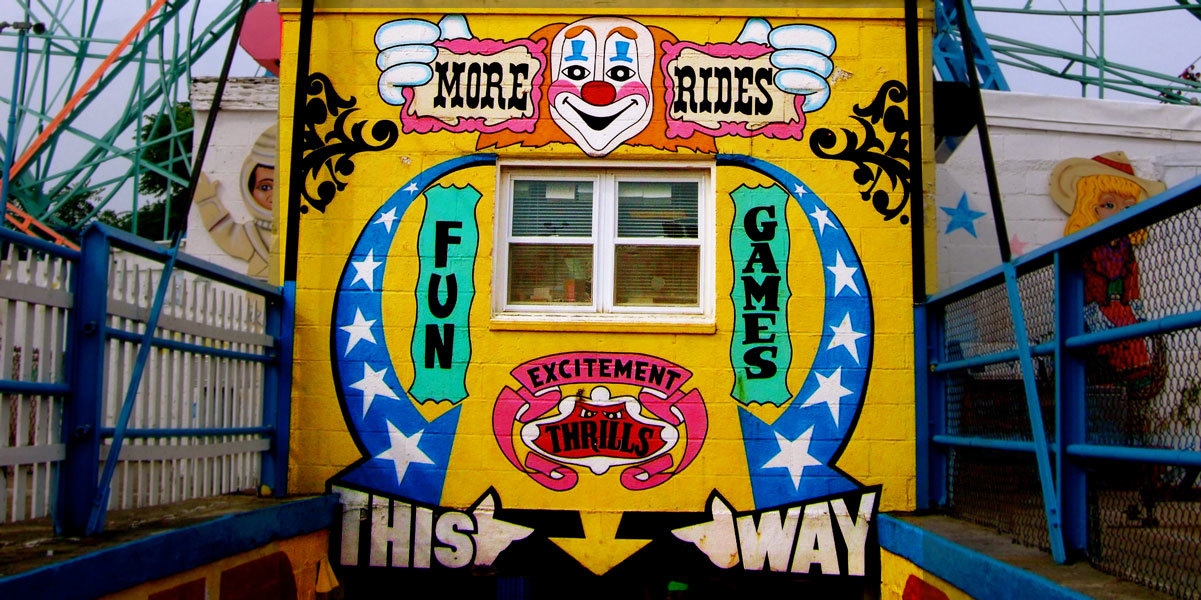I am always grateful for an invitation to rub elbows with the Pop Culture Happy Hour crew. All your favorites are there around the table this week: Intrepid host Linda Holmes! Indefatigable regular panelist Stephen Thompson! Inexhaustible other regular panelist and Pal-for-Life Glen Weldon! And then there's me. The four of us merrily dissect the paranoid charms of Mr. Robot, showrunner Sam Esmail's much-discussed USA Network series about a brilliant but also probably off-his-rocker sometime-vigilante computer hacker involved in an anarchistic conspiracy. I think I got to say more or less everything I meant to about the show, though none of had seen the season finale when we recorded the episode, as it had not yet aired. Wait, no: I didn't mention how clever I think it is that we, the audience, are cast as the hacker's paranoid delusion. In voiceover, he addresses us as "you" while acknowledging that we're imaginary. Smart.
Read More
I'm a big fan of Andy Weir's debut novel The Martian. I was actually listening to the audiobook on the day in April when I visited NASA's Jet Propulsion Laboratory in Pasadena, where the book is partially set. (It's also set in space and on Mars.) I was out there doing some reporting for my day job wit Air & Space / Smithsonian, and it was in that capacity that I got on the phone this week with Matt Damon, who plays the story's protagonist, stranded astronaut Mark Watney, in Ridley Scott's film adaptation, due out Oct. 2. The film hasn't screened for critics yet, but the fact its release date was moved up by nearly two months suggests the studio is convinced it works.
Read More
The Mission: Impossible film series is 19, long enough in the tooth for its earlier installments to start to acquire the same time capsule effect that makes me love even the worst James Bond movies. I watched Brian De Palma's 1996 Mission: Impossible the night after I saw the new one, subtitled Rogue Nation, and John Woo's barely-related 2000 M:I-2, the night after that. Yep, blockbusters are different now.
Trying to articulate just how was part of the chore of writing my NPR review of the fifth impossible mission, from Jack Reacher writer/director Christopher McQuarrie. Short version: I liked it. But I had more thoughts about it than I could shoehorn into the review, so here're a few outtakes.
Read More
I just got home from attending a two-week criticism institute, wherein I was one of 14 working arts journalists, aged twentysomething to fiftysomething, to benefit from the instruction of critics for The Chicago Tribune, The New York Times, The Guardian, and other influential publications. That's where I was on Wednesday morning when I got a mass e-mail from Scott Tobias indicating that The Dissolve was shutting down, effective immediately. In its two years of life, that site had firmly established itself as the best place on the web to find smart, enthusiastic, formally inventive writing about movies new and old, famous and obscure. I'd declined a review assignment from Scott only days before, citing my wall-to-wall schedule during the institute.
Scott's e-mail came just as I was heading into a session on restaurant reviewing conducted by Sam Sifton, the Times' food editor. I've always had a chip on my shoulder about food coverage. I don't usually read it, and I often find it precious and/or pretentious when I do. To me at least, it's obvious that food is not art. Yes, it's an important component of culture. Yes, cooking is an admirable skill. But a meal cannot express emotion. An entree cannot communicate an idea. There are sad songs and sad paintings, but there are no sad foods, unless you're buying your dinner at a 7-Eleven.
Read More




